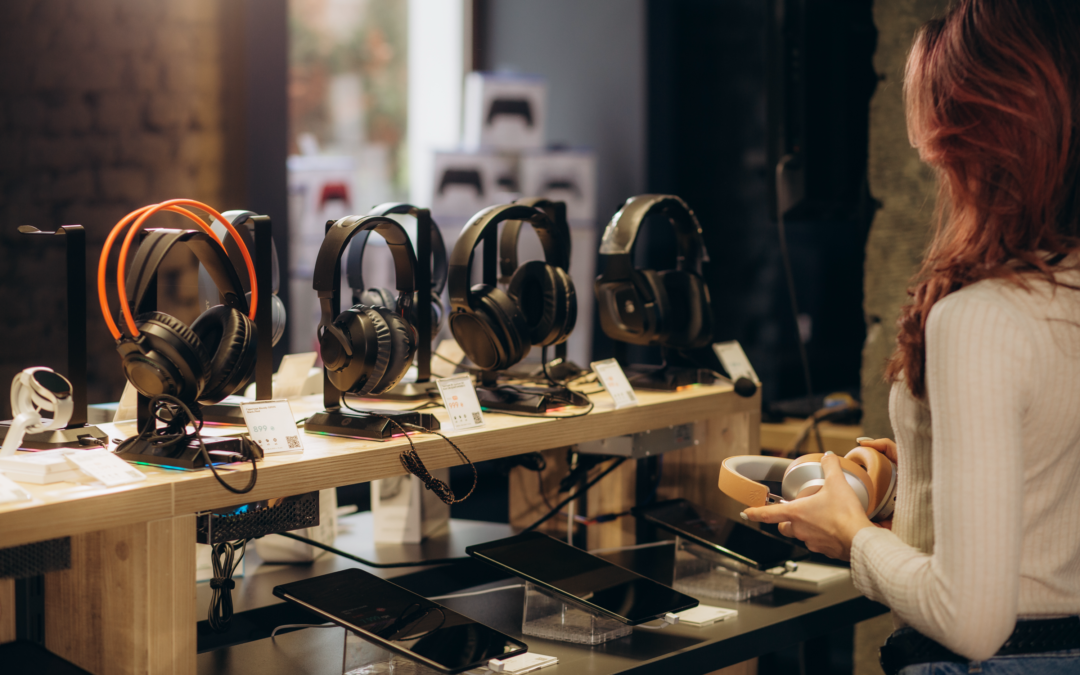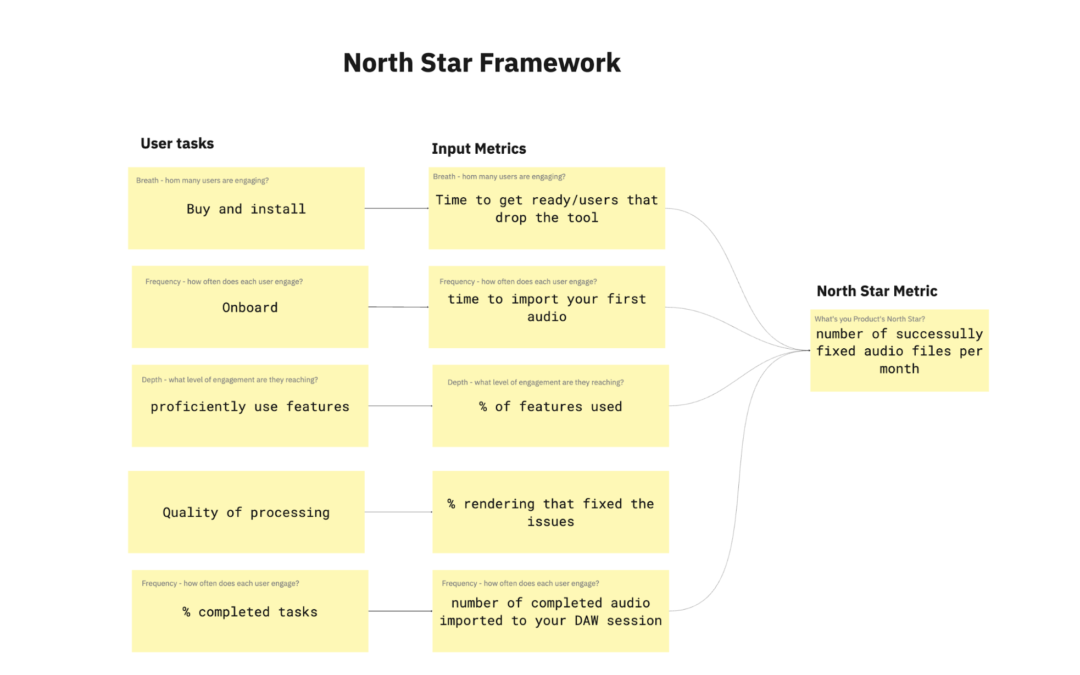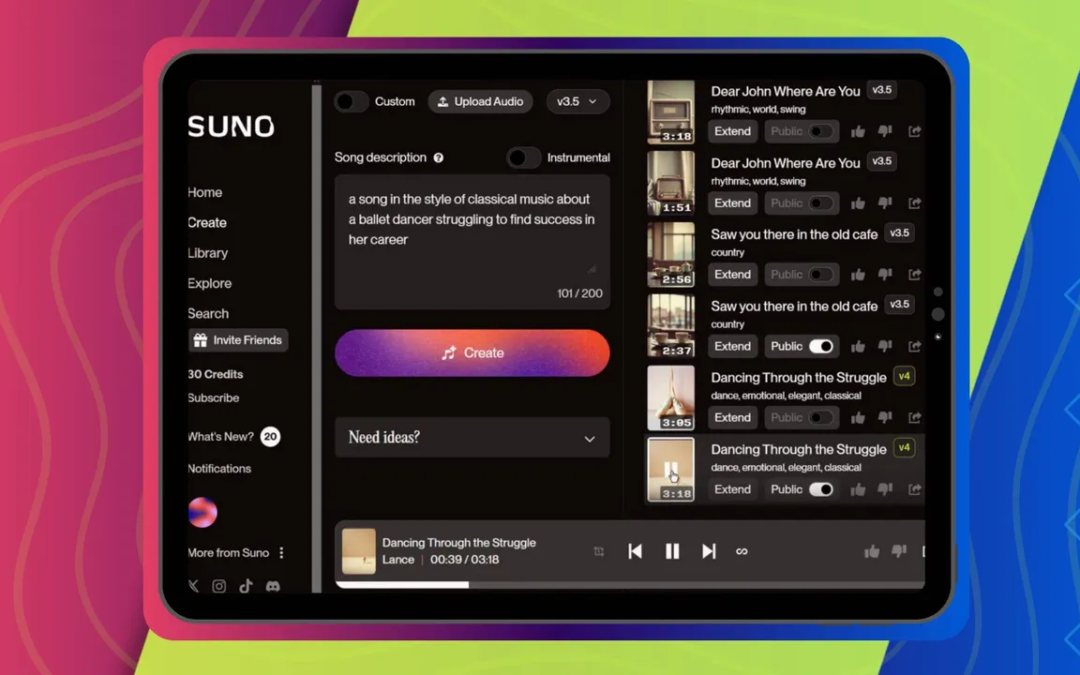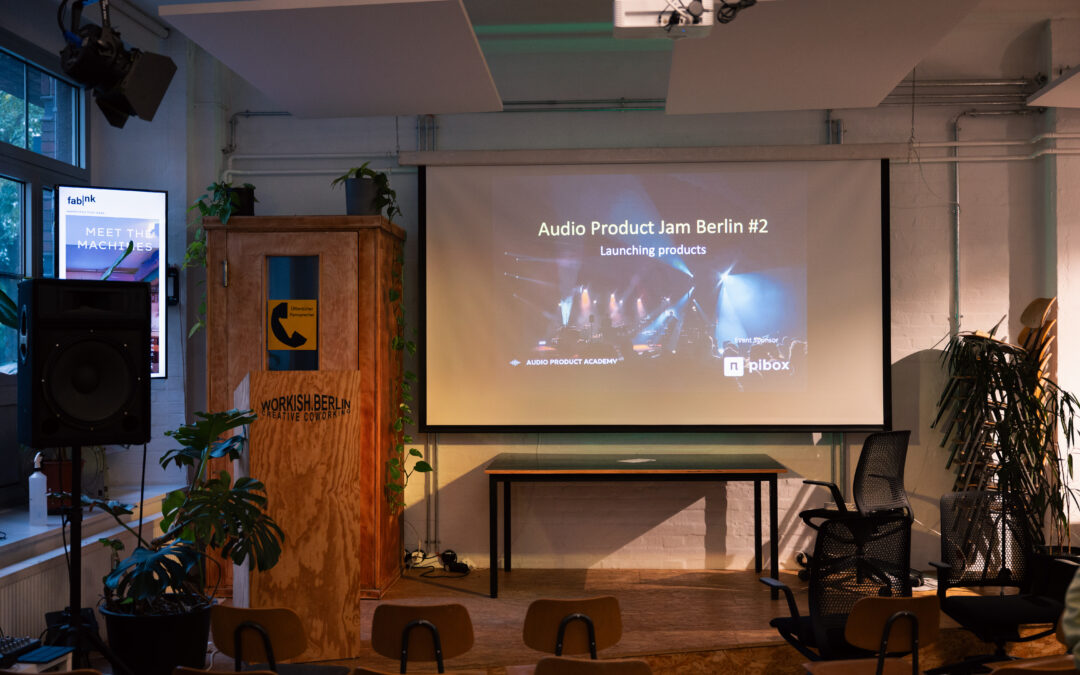Knowledge HUB
Beacuse we belive that sharing the knowledge is the best way to innovate
Can AI Destroy the Music Industry?
Have you ever wondered if a computer could compose the next big hit on your favourite playlist? It might sound like something straight out of a sci-fi movie, but artificial intelligence is already transforming how music gets made, shared, and even discovered. During our recent webinar with Simon Cross, CPO at Native Instrument pointed out Suno – AI powered music generator, as a big player and a competitor. Suddenly, the question isn’t just how AI can help musicians—it’s whether AI might replace them altogether. This technological leap is inspiring some incredible innovations, but it’s also raising serious questions about the future of artistry in a world where computers might do the creating.
A New Era of Possibilities
AI is opening up doors for anyone who wants to make music. In the past, you might have needed an expensive studio and a team of sound engineers to produce a track that could compete with what you hear on the radio. Now, AI-powered platforms like LANDR let you master your songs with a few clicks, taking the guesswork out of audio production. Tools like iZotope’s Neutron and Ozone help you perfect your mixing and mastering without having to be an audio wizard. And streaming services are also getting in on the action—Spotify’s Discover Weekly and Apple Music’s Personalized Radio use AI to learn your tastes and suggest new music just for you.
What’s the upside? It’s a more level playing field for indie artists who don’t have huge budgets. People who’ve always wanted to make music can do so more easily and affordably. With more access to music creation new genres are raising as there are no more boundaries That’s a big win for creativity and musical diversity.

Figure 1 – Ozone, AI powered iZotope Audio Mastering Software
But What About Human Creativity?
With all these AI tools, you might be wondering, “Is there still room for human creativity?” That’s the good question. Amount of music created today means that music becomes commodity, people no longer pay attention so much as it cheap and you can access everything from your phone – so you appreciate it less. As AI-generated music gets more sophisticated, a lot of people worry that it could overshadow the human touch we value in art. If machines can churn out catchy tunes that sound just like something your favourite artist might create, does that mean human-made music will become obsolete?
There’s also a risk that the market gets flooded with formulaic tracks that all sound the same—imagine an endless loop of pop songs written by an algorithm. Even scarier, AI can already recreate celebrity voices. When an AI-generated song called “Heart on My Sleeve” popped up online sounding just like Drake and The Weeknd, it wasn’t just a cool tech demo—it highlighted how tricky things can get, ethically and legally, when anyone can replicate an artist’s voice without permission.
Another issue is that when you allow AI to suggest music you may not be able to discover new things as it gives you things based on streaming companies’ KPIs – how likely you are to you listen for a long time.
The Legal and Ethical Dilemma
All these AI developments are moving faster than the laws can keep up. Who should get credit—and money—when an AI writes a song? If AI is trained on real artists’ music without asking them, is that fair? Big organizations like GEMA are starting to file lawsuits against companies like Suno for allegedly using copyrighted tracks without permission. Major record labels, too, are raising red flags about AI systems that learn from artists’ catalogs without proper compensation.
Right now, there’s no clear rulebook. Some argue that AI is just another tool—like a guitar or a synthesizer—that musicians can use to expand their creative range. Others feel like it’s a threat that devalues original, human-made art. For the moment, the industry is stuck in limbo, trying to figure out how to protect artists while still letting AI innovation flourish.
Where Do We Go From Here?
AI isn’t going anywhere—it’s only getting more advanced. The big question is how the music world will adapt. Will we find ways for artists and AI to work together in harmony? Or will AI-driven content dominate, leaving human musicians behind?
Some people are optimistic, seeing AI as a tool that empowers more creators and brings music-making to the masses. Others worry about losing the unique spark that comes from human emotion and experience. Like many other technological shifts, this could go in several directions, and only time will tell if AI becomes a trusted partner or a disruptive force.
So, can AI destroy the music industry? Maybe not outright—but it’s definitely shaking things up. The real test will be whether we can embrace the benefits of AI without sacrificing the soul of music that has always set our hearts on fire. The next few years will be a defining chapter in how we create, share, and protect the music that speaks to us all.
If you would like to learn about product management in the audio industry, we organise a variety of workshops. You can find them in our calendar here.
Related articles




